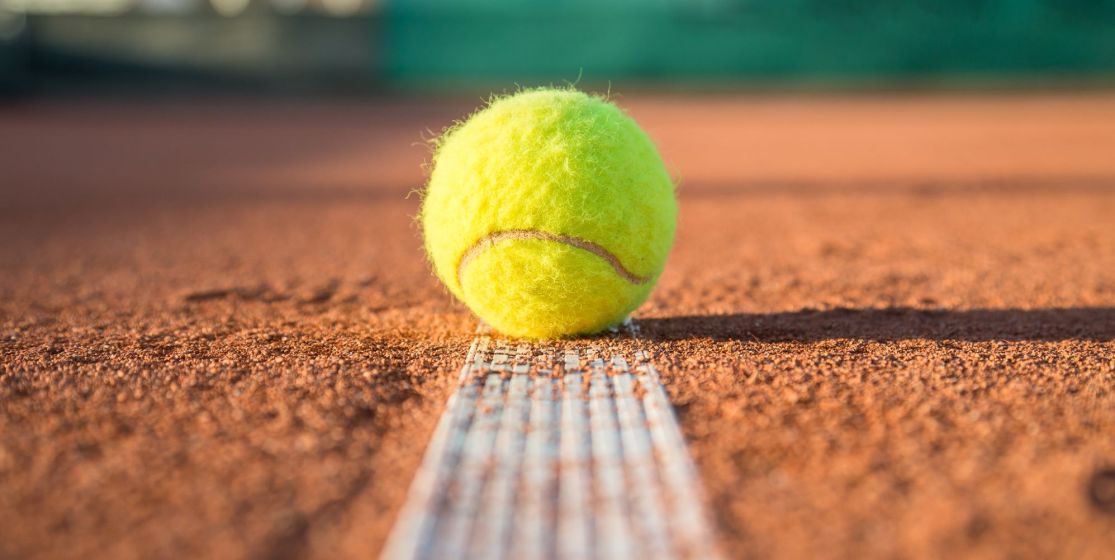“Monday.” “Tuesday.” “Wednesday.” “Thursday.” “Friday.” “Saturday.” “Sunday.” But what is Gaston Gaudio waiting for by counting the days of the week like this on Twitter with a monotonous regularity? What is the 2004 Roland Garros champion doing with his life since calling time on his career in 2011?
Gaston Gaudio belongs to the great family of the hypersensitive. Of his success at Roland Garros, acquired after one of the most spectacular comebacks in tennis history against his compatriot Coria (0-6, 3-6, 6-4, 6-1, 8-6), the Buenos Aires native has kept a surprising memory, that he recounted to the local newspaper Clarin after his retirement in late 2011: “The night before the final, Franco (Davin, his coach, who now works with Juan Martin del Potro, editor's note) told me that it was the most important moment of my life. I told him that the tournament was coming to its end at last. I was happier to be done with the tournament, happier to be done with the mental anguish in all the matches I played, than to play the most important final of my life. I didn’t realize that this day would change my life forever.”
A complete clay-court player, blessed with a sparkling backhand and cat-like agility and speed around the court, Gaston "El Gato" Gaudio had a game as pure as his mind was tortured. Defining himself as someone attached to aesthetics, the beautiful game has always mattered at least as much as the result: “I'm from Argentina. With us, there are two possible ways: the “Menotti” way and the “Bilardo” way (the only two coaches to lead Argentina to the title of football world champion, Ed.) I've always been a Menottista. I believe in the beautiful game.”
Photo lab, sofa and part in a TV show
After the first moments spent adapting to life without traveling, without training, and basically, without tennis - "The first few months are fantastic, but if you're not strong in your head, then you can definitely end up in depression" he said of this period - should we be surprised that his quest for beauty led him to grasp a camera where he used to hold a racquet before? "I set up a photo lab at home. I take pictures with analogue cameras: digital doesn't suit me." Not without humour, he also had a small part in a TV show, Los Graduados, where he played a chronic depressive on the sofa of a psychiatrist, with his famous gimmick "Que mal la estoy pasando!" A phrase he used to repeat to himself when he was lost on the court, and that could be translated as: "What a bad time I'm having."
Another nod to his former life, the TV show is about a group of friends who are looking back to their life. Gaston has done his fair share of looking back: "Tennis has allowed me to live my passion. It's not given to everybody to do so. But you lose things, too. First, you lose a part of your teenage years, a period that is very nice. You can't go out with your friends, you can't play football. When you arrive on the professional tour, you become a business. There's a whole infrastructure behind you. Now that I've stopped, it's me who’s calling my friends to go out and they are the ones telling me they can't. Today, I’m trying to make up for the lost time. »
"I hope to have brought a bit of joy to someone"
And where is tennis, in all this? The first months after he retired, he gave up on tennis. Then, gradually, the itch to be involved with the yellow ball came back. It started with exhibition matches in South America with his pals Kuerten, Chela or del Potro, and a few experiences as a consultant for Argentine media. Recently, the man who turned Franco Davin’s hair white has tried for the first time to pass on his experience, working occasionally with an up-and-coming 20 year-old compatriot, Facundo Arguello. Is Gaston Gaudio at peace with himself, at last? "To those who were waking up to watch my matches on TV, I tell them that I hope they had a good time with some of my games. Because at the end of the day, that’s what it's all about, having a good time. In tennis and sport in general. I tried. I hope to have brought a bit of joy to someone.”
By Guillaume Willecoq






